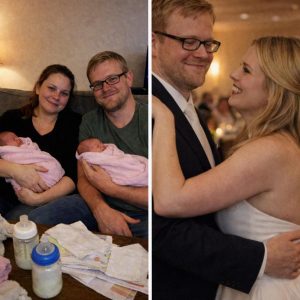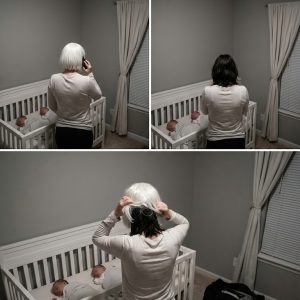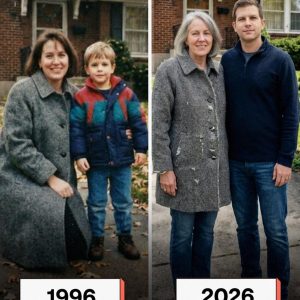I was 28 and bone-tired from losing my husband at 25. After the funeral, I moved in with my parents to care for my son, Jasper, and my aging father. Dad’s health declined quickly, and I became his primary caregiver. My sister Marissa, two states away, visited only occasionally and refused to help when I asked.
When Dad died, he left most of his savings to me for Jasper’s surgeries and a down payment on a home. Marissa inherited heirlooms and a car but demanded $30,000 to help pay for her extravagant wedding. I refused, needing the money for Jasper’s health. Family sided with her, and she threatened me, even hinting at arson.
Then our house burned down in a fire ruled arson, but police found no evidence. Marissa sent a cruel text, and I cut her out of my life. Later, I found out she’d forged Mom’s signature to take a loan on her house, which Mom lost.
Marissa’s wedding went ahead with help from her fiancé’s family and Mom’s money. A few months later, Mom died from a stroke.
Marissa’s debts caught up to her—gambling losses, eviction, and homelessness. One rainy day, I found her broken and homeless. Despite everything, I offered her a chance: a job at my company, no handouts, just proof she could change.
She showed up every day, slowly rebuilding trust. She helped with Jasper, paid off debts, and eventually restored the family home to Mom’s estate.
Two years later, Marissa married quietly, had a baby, and though I remain cautious, I see glimpses of the sister I always wanted.




